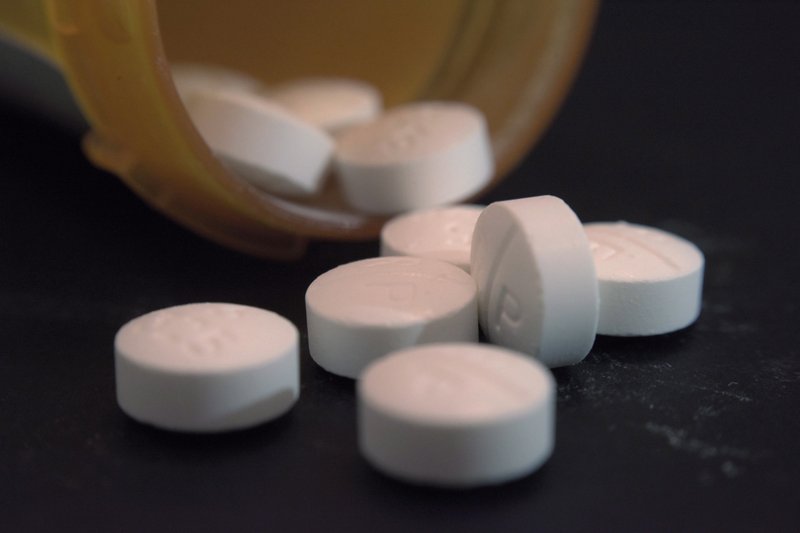State lawmakers across the country have been considering taxing prescription opioids. A look at what they would do:
———
WHAT WOULD BE TAXED
The bills propose taxing sales of prescription opioid painkillers, generally at the wholesale level. Some spell out that the wholesaler would be the entity required to pay the state. Other versions do not have as much detail.
Most of the bills have not advanced far and could be amended.
———
HOW TO DO IT
Several of the proposals call for taxes based on the potency of the opioid. That tab could be 10 to 15 cents per pill for many opioids — more for some, less for others.
Another approach used in Pennsylvania legislation would charge 10 percent of the purchase price of the first sale of a drug in the state.
In the only one of the opioid taxes to be adopted so far, New York went with another method. It’s charging distributors and manufacturers a total of $100 million a year based on their market share of opioids.
———
HOW MUCH MONEY
This varies widely. Bill sponsors say the Delaware bill, using last year’s opioid sales data, would have brought in more than $9 million and that West Virginia’s would bring in $24 million.
In most states, it would go into funds to pay for addiction treatment and prevention, and to recover other costs related to the addiction crisis, such as rising costs for child-welfare systems dealing with the growing numbers of kids whose parents are addicts.
The Kentucky measure that failed in March would have been used to boost the general fund for the cash-strapped state.
———
THE CRITICISM
Drug industry groups are pushing back against the proposals. Among other arguments, they say the higher prices would be passed on to insurance customers or taxpayers despite measures in several of the bills intended to prevent that.
They also say it’s bad policy to tax prescription drugs. The only statewide tax on them now is in Illinois, where the rate is 1 percent.
Other groups such as hospice organizations have opposed the bills, saying they would hurt the organizations and their patients. Some legislation waives the tax for drugs used in hospice care.
———
STATES
Bills seeking to tax opioids have been introduced in Alaska, California, Delaware, Idaho, Iowa, Kentucky, Maine, Massachusetts, Minnesota, Montana, New Jersey, New York, Pennsylvania, Tennessee and West Virginia. Nearly all of them have been introduced since last year.
Lawmakers have also publicly discussed a measure in Vermont, although a bill has yet to be introduced. A federal opioid tax was proposed in 2016.
(AP)












2 Responses
before you take opioids, KNOW: they are great pain relievers but are extremely addictive and hard to get off of them. They are like heroin and other hard drugs except they relieve pain and become worse than the pain they relieved because of their ability to make withdrawal very painful….
Don’t get started with them!!
1. The primary use of opiod is for pain relief for people in great pain due to medical conditions, such as dental surgery, general surgery, cancer etc. Given that rising health care costs is a problem, taxing prescription drugs is counter productive.
2. For severe pain, the traditional pre-ophiod remedy was ethanol, which is easily available without a prescription, and taxed heavily, but has much more serious side effects even if taken in small amounts. Ethanol kills many people a year and is far more dangerous than almost any other drug (and one needs to count accidents while driving “under the influence” as part of the ethanol casulty count). Opiods are clearly safer and cheaper. Going back to drowning one’s pain with whiskey and vodka is NOT progress.
3. The “problem” is due to people illegally gaining access to drugs to get “high”, and such persons, most of whom are criminals, will not be affected by taxes, and are already ignoring criminal sanctions. Education might discourage them. Prison might be effective. Letting them take all the drugs they can afford, and die (quickly) and happier may be the most humane solution.